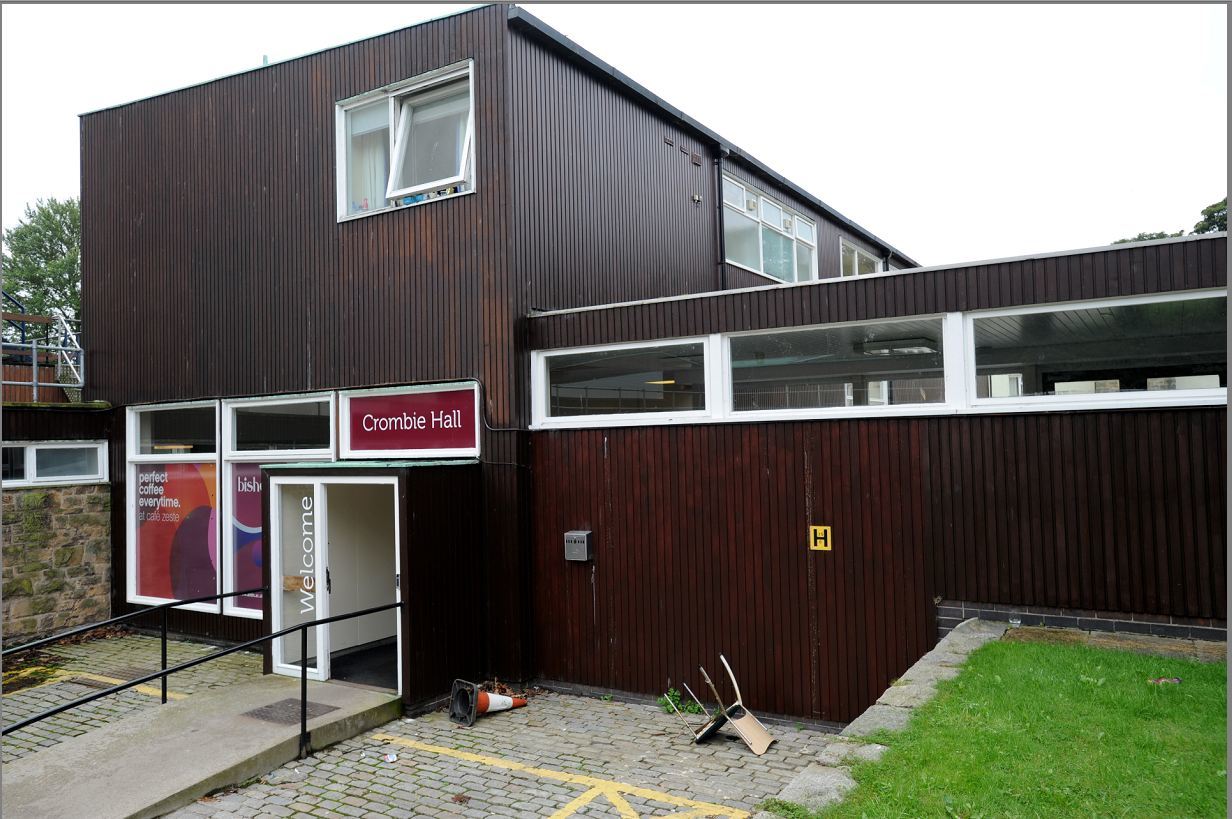Aberdeen University has been ordered to undo the work it carried out in one of its A-listed buildings without planning consent.
Aberdeen City Council has refused to retrospectively approve the work in the Crombie halls of residence – with councillors determined a “precedent” for such work will not be set.
The university fell foul of planning rules after making internal alterations to the building, which was designed by renowned architect Sir Robert Matthew.
The changes involved erecting two new partitions.
The university later submitted a retrospective application for the work, but it was objected to by a number of local groups, including Old Aberdeen Community Council.
And although planning bosses recommended the application for approval, councillors disagreed and refused it.
Now the local authority will write a “strongly-worded” letter to university bosses and request they remove the partitions.
Sir Robert is well known as one of Scotland’s best modernist architects and was commissioned to build Scotland’s first mixed halls of residence at the university campus in 1953.
A report from Historic Scotland describes Crombie Halls as an “excellent and almost unaltered example of the early post-war private practice work of Sir Robert Matthew. They are among the very best 1950s modern movement buildings in Scotland.”
Councillor Andy Finlayson, vice convener of the planning committee, said they were keen that a “precedent shouldn’t be set”.
He said: “I don’t know why they didn’t apply for permission first, and to carry out work on an A-listed building without permission is just unacceptable.
“It’s the kind of thing that could set a precedent if we don’t challenge it.”
But a spokesman for the university said they did not consider the “minor” changes to need permission.
He said: “The University of Aberdeen is committed to conservation and has invested significant resources in the preservation of King’s College campus.
“The halls were constructed in the 1950s but were significantly reconfigured during the mid-1990s and the university did not consider this recent minor alternation work constituted a material change.
“We recognise that this was an oversight but are disappointed that the committee did not follow the recommendations of its officers, who had recommended the approval of planning consent.”
